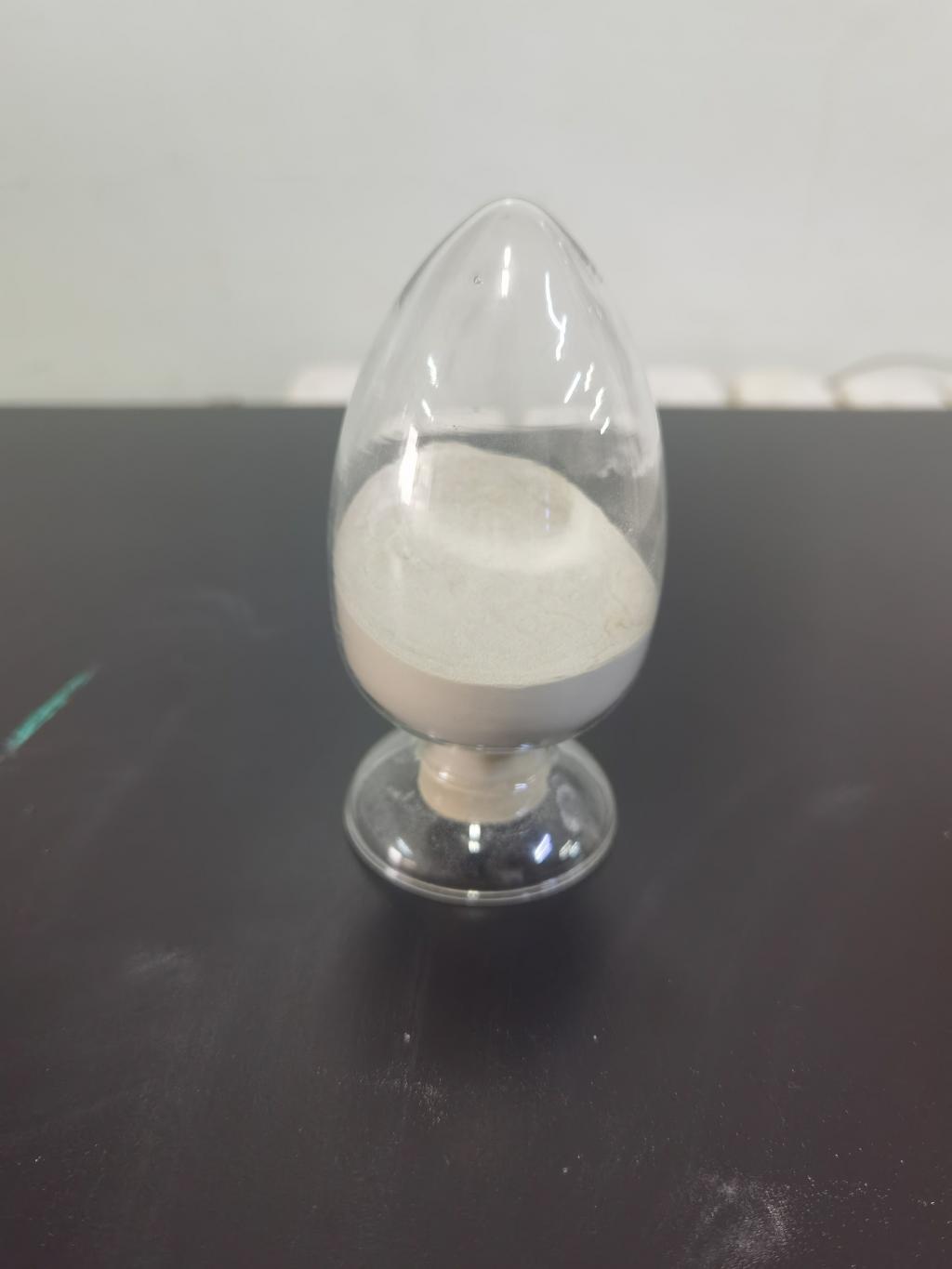Tel:+8618231198596

News
 CONTACT
CONTACT
 CONTACT
CONTACT
- Linkman:Linda Yao
- Tel: +8618231198596
- Email:linda.yao@dcpharma.cn
- Linkman:CHARLES.WANG
- Department:Overseas
- Tel: 0086 0311-85537378 0086 0311-85539701
News
How does Nisin affect the taste and texture of food products?
TIME:2023-03-28
Besides its antimicrobial properties, nisin has also been shown to affect the taste and texture of food products. In this article, we will explore the ways in which nisin can impact the sensory characteristics of food and beverages.
Taste
Nisin has a slightly bitter taste, which can be detected at concentrations above 100 ppm. However, this bitter taste is not usually noticeable in food products, as nisin is used at much lower concentrations. In fact, some studies have suggested that nisin can enhance the umami taste of foods, which is often described as a savory or meaty flavor.
For example, a study published in the Journal of Food Science found that the addition of nisin to soy sauce led to an increase in umami taste, as well as a decrease in sourness and bitterness. The authors of the study suggested that nisin may interact with certain amino acids in the soy sauce, enhancing their umami flavor.
Another study, published in the Journal of Agricultural and Food Chemistry, investigated the impact of nisin on the taste of Cheddar cheese. The researchers found that nisin increased the umami taste of the cheese, as well as the richness and complexity of the flavor. However, the study also found that nisin had a slight negative impact on the sweetness and saltiness of the cheese.
Texture
Nisin can also affect the texture of food products, particularly those that contain proteins. Nisin has been shown to interact with proteins, causing them to denature and form crosslinks, which can lead to changes in texture.
One study, published in the Journal of Food Science and Technology, investigated the impact of nisin on the texture of yogurt. The researchers found that nisin increased the viscosity and firmness of the yogurt, as well as the amount of protein crosslinking. The study authors suggested that nisin may have potential as a texture-modifying agent in yogurt and other dairy products.
Another study, published in the Journal of Texture Studies, investigated the impact of nisin on the texture of processed cheese. The researchers found that nisin increased the firmness of the cheese, as well as the amount of protein crosslinking. However, the study also found that nisin had a negative impact on the meltability of the cheese, which could be a concern for certain applications.
Conclusion
Nisin is a natural preservative with antimicrobial properties that is widely used in the food industry. However, nisin can also impact the sensory characteristics of food products, including taste and texture. Nisin has been shown to enhance the umami taste of foods, as well as increase the viscosity, firmness, and protein crosslinking of certain products. However, nisin can also have a negative impact on sweetness, saltiness, and meltability, depending on the application. As with any food additive, it is important to carefully consider the potential impact of nisin on the sensory characteristics of a food product before using it.
- Tel:+8618231198596
- Whatsapp:18231198596
- Chat With Skype







